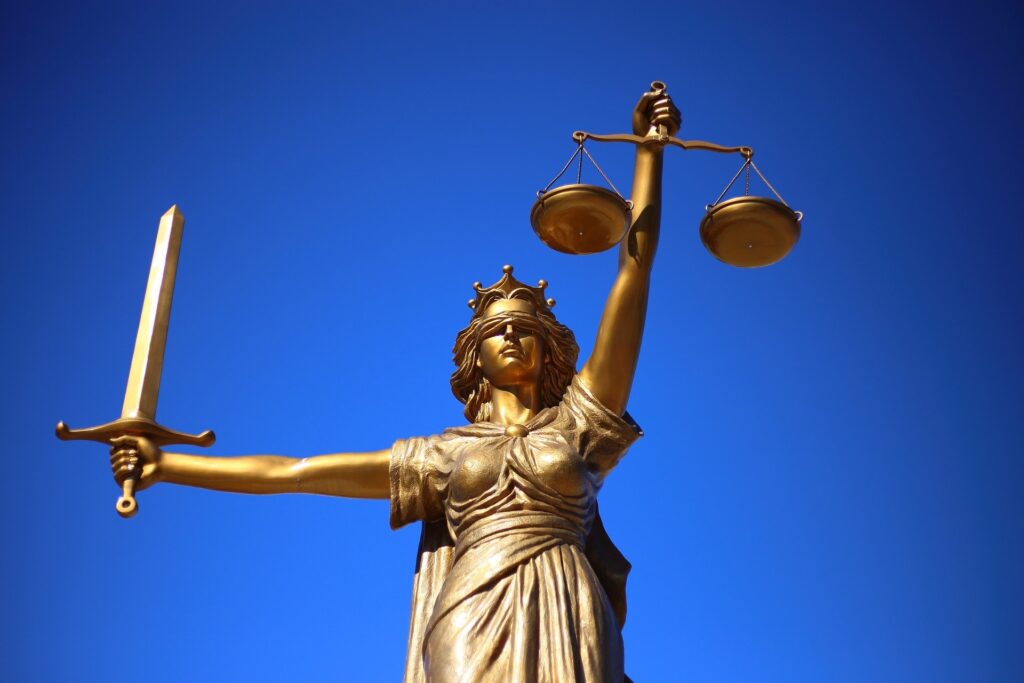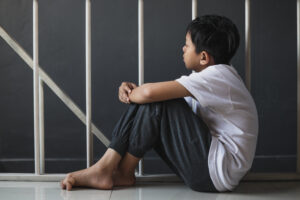In a powerful and emotional rally outside the Middlesex County Courthouse in New Brunswick, survivors of sexual abuse in New Jersey’s juvenile jails voiced their anger and frustration at the state’s failure to close the largest juvenile detention facility, despite repeated promises from two governors. More than 350 people have filed lawsuits in counties across the state, alleging sexual abuse at the hands of juvenile detention staff from as far back as 1982. These lawsuits have sparked growing calls for immediate action, with many survivors questioning why the state has failed to keep its word and shut down the facilities.
The Fight for Justice: The Journey of Survivors
The rally, held on July 30, 2025, saw survivors like Randolph McLeod, who shared the harrowing details of his experience at the New Jersey Training School in Jamesburg, the state’s largest juvenile detention center. “It’s a shock to me that this place is even still open,” McLeod said. He described the violation he endured as too graphic to even discuss, adding, “These individuals are using this authority that they have to abuse us and take out their own childhood traumas.”
McLeod’s remarks resonated with many in the crowd, who echoed similar stories of abuse, manipulation, and threats from staff to silence them. One victim recounted how officers warned him they would hurt his family if he disclosed his abuse. Others shared stories of being coerced into sexual acts while incarcerated, with some even offered drugs in exchange for their compliance.
Governor Promises vs. State Action: Broken Promises and Delays
The struggle to close New Jersey’s notorious juvenile detention centers has been long and drawn out. In 2018, then-Gov. Chris Christie vowed to shutter the Jamesburg facility, and Gov. Phil Murphy reiterated that promise 18 months ago. Despite these assurances, both facilities remain operational.
Recently, New Jersey’s Attorney General, Matt Platkin, promised that the state would close the Jamesburg facility and the Female Secure Intake Facility by 2028, a timeline that many survivors find unacceptable given the severity of the ongoing abuse.
Reports point out the stark contrast between the state’s actions regarding juvenile detention abuse and its efforts to investigate sexual abuse within the Catholic Church. Demanding that the Attorney General and the Governor prioritize a thorough investigation into the abuse in state custody.
A Culture of Abuse: Institutional Violence and Racism
At the heart of the survivors’ plea for justice is what they describe as a pervasive culture of abuse within the New Jersey juvenile justice system. Advocates like Ashanti Jones, a juvenile justice policy analyst at the New Jersey Institute for Social Justice, echoed these concerns, calling the situation “a pattern of institutional violence against children.” Jones added, “Every day that these doors remain open is another day that we choose administrative convenience over safety and dignity of New Jersey’s children.”
Racial disparities in the system have also come under scrutiny, with some survivors, such as Tormel Pittman, blaming systemic neglect on the racial makeup of the facilities. “These decades of benign neglect come from the fact that a lot of these institutions are predominantly black and Latino people,” Pittman stated, adding that the system has historically ignored the needs and voices of marginalized communities.
The Legal Landscape: Lawsuits and State Accountability
The growing number of lawsuits filed by survivors paints a grim picture of abuse and neglect within New Jersey’s juvenile detention system. The New Jersey Supreme Court recently consolidated all claims related to sexual abuse in juvenile detention facilities under one judge in Middlesex County. With such widespread allegations, the state’s failure to act swiftly is being met with increasing calls for accountability.
These legal actions are not just about seeking compensation; they are a means for survivors to demand recognition of their suffering and push for real change in the juvenile justice system. As of now, the state has already spent millions in lawsuit settlements for similar abuse cases, including those at the now-shuttered Arthur Brisbane Child Treatment Center in Wall, which highlights the financial and human cost of ignoring these problems.
Calls for Reform: Ensuring Safety and Accountability in Juvenile Justice
In addition to calling for the closure of the abusive facilities, advocates are urging policymakers to implement structural reforms to prevent further abuse in the future. One key recommendation is the creation of independent, third-party oversight for juvenile detention facilities to ensure accountability. This would address concerns about the lack of oversight and the potential for abuse when staff members are left unchecked.
Another major concern is the state’s over-reliance on incarceration for children, with many experts calling for the implementation of rehabilitative programs that focus on addressing the root causes of juvenile delinquency. These reforms have been identified as priorities by state lawmakers in the past, but as of yet, they remain largely unaddressed.
How Survivors Can Seek Help
The rally in New Brunswick was more than just a call for justice—it was a reminder of the enduring pain that many survivors continue to experience as they fight for accountability. Their stories are a testament to the strength and resilience of individuals who have endured unimaginable harm.
At Helping Survivors, we stand with victims of sexual abuse, offering support, resources, and access to legal guidance. If you have experienced abuse in a juvenile detention facility, we can help you explore your legal rights and options for seeking justice.
Our team is here to connect you with trusted legal professionals and guide you through the process of filing a claim or seeking justice. Your experience matters, and you deserve to be heard. Reach out to Helping Survivors today for confidential support and legal assistance in your pursuit of accountability and healing.








